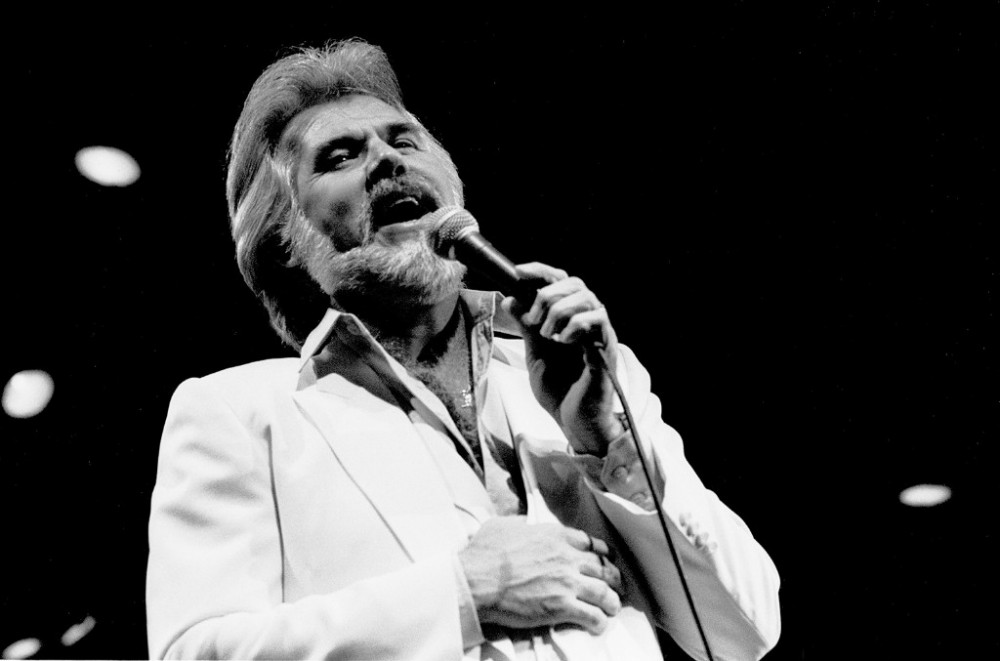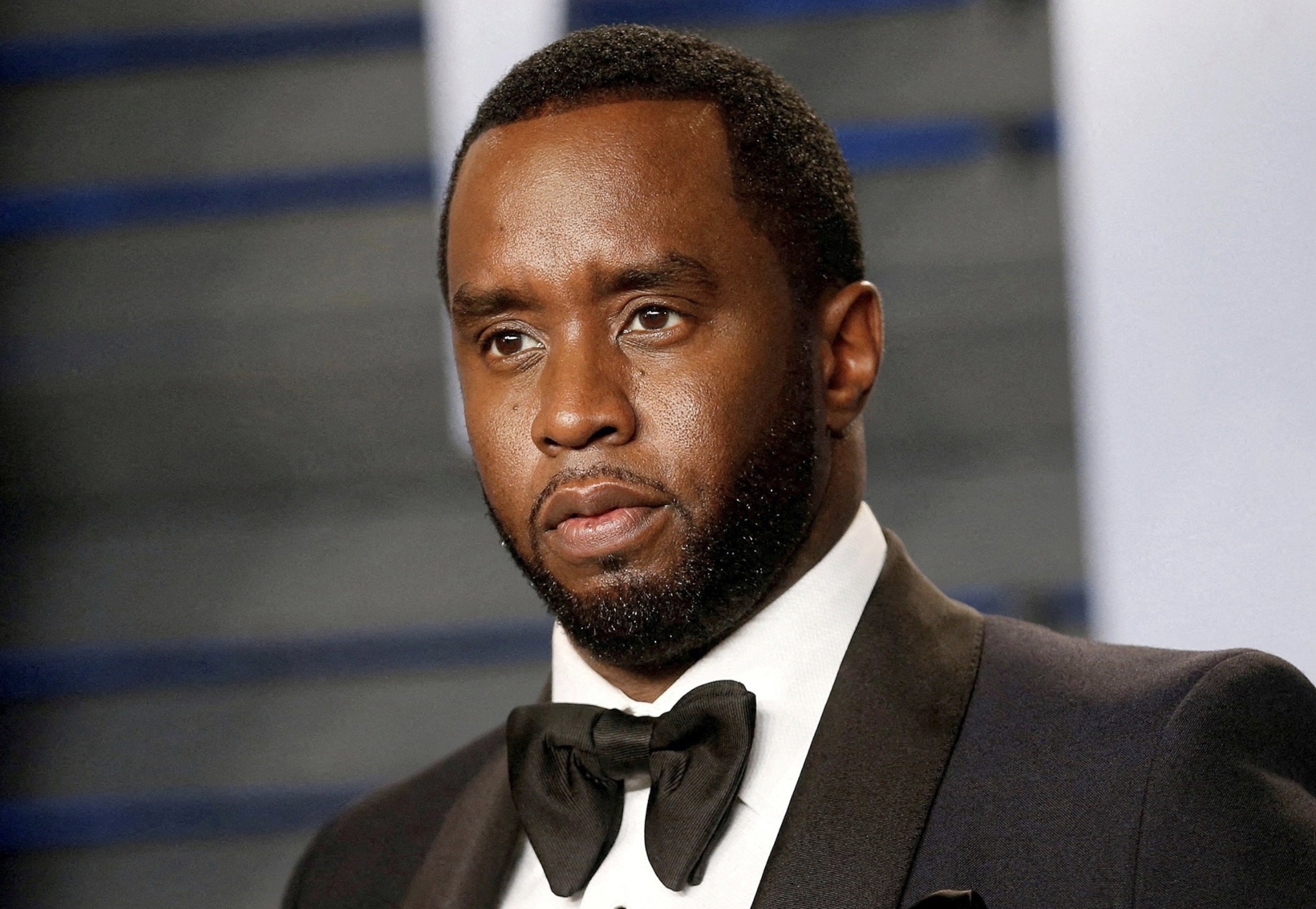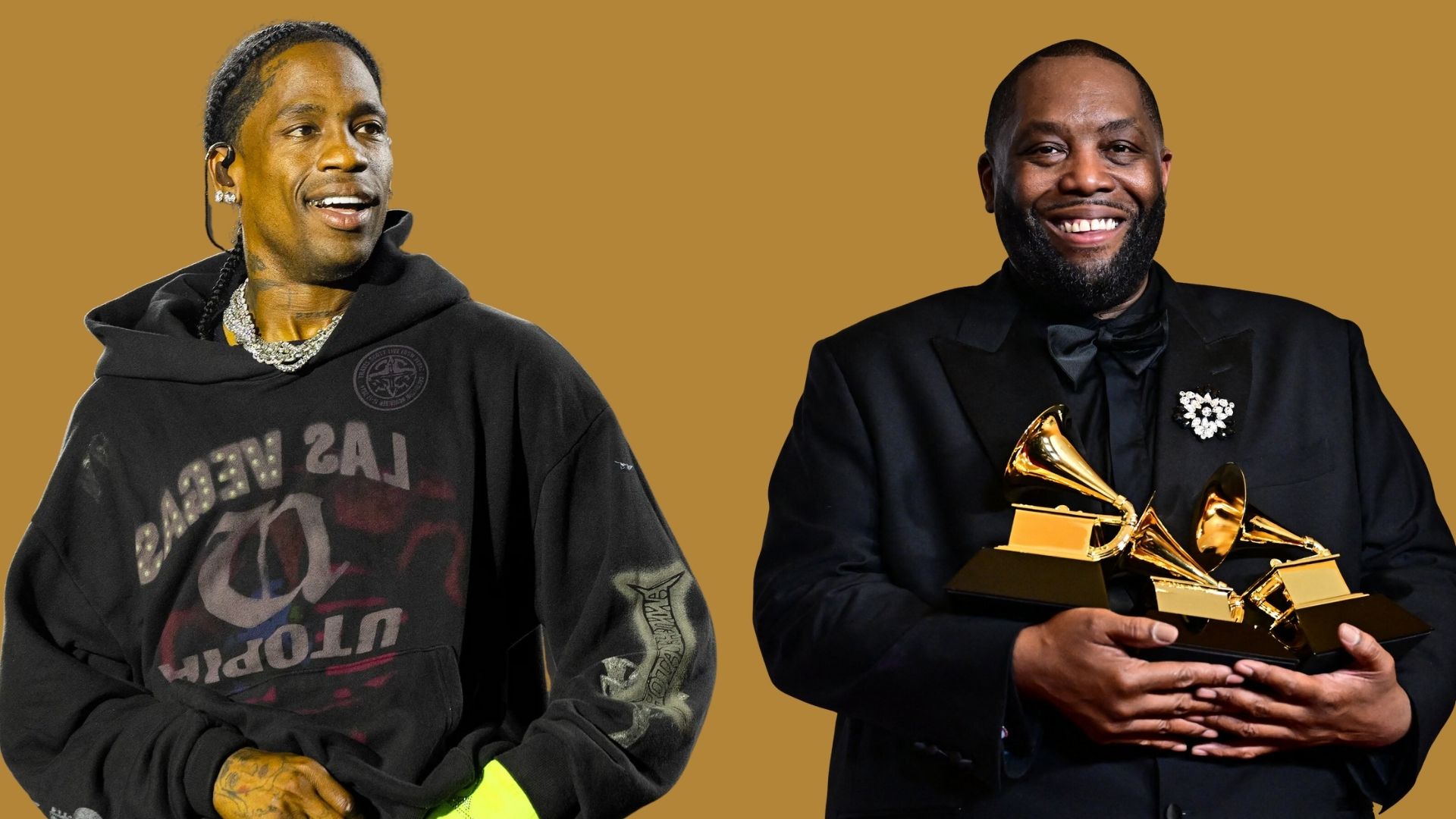Kenny Rogers, who died Saturday (March 21), was the first major act that Garth Brooks ever opened for. A few months after the release of his 1989 self-titled debut album, Brooks supported the northeast U.S. leg on the superstar’s 1989 Christmas tour. The friendship and lessons that Brooks learned from Rogers have stayed with him ever since. Brooks, who inducted Rogers into the Country Music Hall of Fame in 2013, remembers his early days with Rogers.
Anybody that grew up in the era that I grew up in, Kenny Rogers was a pop artist. Kenny would tell you if he stood in front of a country crowd, he felt so pop, and if he stood in front of a pop crowd, he felt so country. It wasn’t like Kenny Rogers was one of my heroes. But giving the opening slot] in the northeast to somebody in a cowboy hat was an opportunity that Brooks’ manager] Bob Doyle said, “You do not want to miss. There’s no other way you’re going to get up there.”
Kenny Rogers, by working with him, became one of my heroes. Just watching how he treated his band, his guys, everybody, they’d all been with him for 100 years. It was like, “This is how you do it.” I’m really, really thankful that Bob was smart enough to tell me to get on that tour.
There was no way you could be around him and not learn something. He was one of the most successful artists on the planet. If you want to do record sales, look at “The Gambler” and go, “Oh, okay, you can sell that many?” Because I think that sold something stupid like 13 or 14 million. It sure showed all of us that country artists can do this as well.
Then when it came time for entertaining, he was amazing. He has his stage] in the round. He had a microphone with a cord on it because that’s what he felt comfortable with. The cord went to this wireless unit that went around the stage with him and he’d use it as a prop. If he would forget a word, he would look at the cord and push it around like his mic went out. He’d put it out in the crowd. He used it like a musician would an instrument and so you watched him and you watched him closely. I can’t think of anybody who taught me that much about entertaining other than Reba McEntire. Those two people were the ultimate entertainers and you learned every day from them.
Off the road, he was always with his band and crew. They’d play basketball. They’d do everything. That strengthening, that treating it like a sports team and having team dinners and stuff was great. We have at least one, maybe two guys, off that tour with us because they were such high quality people. When we were looking for a rigger, Lanny Landers, the guy who’s been with us since 1991, 1992, was Kenny’s rigger. If I stole] him from Kenny, it’s the best thing I ever did.
I just enjoyed how honest he was. He wasn’t a fake person. Who you saw on the stage was who you saw in sweats offstage.
The advice he gave me was to enjoy myself when I was out there. You tell me, was that not the best piece of advice ever? One of the first things we did was Westbury N.Y.] Music Fair. Westbury was a place in the round and he’d sold I don’t know how many nights out there. We were there, camped in. We would go on and] some nights it was three songs, some nights it was five songs, you just had to be ready to do whatever, whenever. He would do his show. We would stay after and all those people who came to see Kenny Rogers, we would be in the lobby signing autographs and taking pictures for anybody who wanted to stop. He found out and the next day, he came up to me and said, “Hats off to you. That’s the smartest thing. They may come here to see someone else, but they’re going to leave here knowing the new guy.”
No matter what he was doing, he was the ultimate professional and what he will be remembered for is the same way that I want to be remembered, if that’s even possible, because he was Springsteen. He was Neil Diamond. He was entertainment. I was lucky, lucky, lucky just to get to be a page in that book.
— As told to Melinda Newman



